Memorial Medical Clinic offers compassionate care and confidential services with a therapist exclusively trained in and dedicated to Pelvic Floor Therapy. We also understand the impact on intimacy associated with pelvic floor disorders and are passionate about making our patients comfortable from the initial consultation through each personalized treatment.
What is the Pelvic Floor?
Your pelvic floor consists of a group of muscles, organs, connective tissue, and nerves in your pelvic region. Your pelvic floor muscles support the organs in your pelvis — including bladder, rectum, and uterus or prostate. These muscles provide support for the internal organs, control urination and defecation, and serve a sexual function.
Testimonials
“After my first pelvic floor evaluation, I told the therapist, you have changed my life!”
“I went to Memorial Medical Clinic for pelvic pain and pain during intercourse. After completing my physical therapy, I went from a 10 out of 10 pain level during intercourse to a pain level of zero! It’s truly changed my relationship with my spouse.”
Learn More About Pelvic Floor Therapy
Pelvic Floor Therapy helps address pain, weakness, and dysfunction in the pelvic floor muscles. The type of therapy prescribed will depend upon the symptoms you’re experiencing. For example, some symptoms will require relaxing and lengthening of the muscles, while others may require strengthening the muscles.
Symptoms Improved With Pelvic Floor Therapy:
Urinary Problems
- Urinary incontinence
- Urinary frequency
- Urinary urgency
- Painful urination
- Difficulty stopping or starting urinating
- Difficulty fully emptying the bladder
Bowel Problems
- Fecal incontinence
- Straining or experiencing pain during bowel movements
- Constipation
- Pain with bowel movements
Pain
- Pelvic pain
- Vaginal pain
- Rectal pain
- Pain during or after intercourse
Conditions We Treat
Memorial Medical Clinic wants women and men to know that bladder control and other pelvic health complaints are treatable. Our interventions help clients with urinary leakage, urgency, pelvic pain, and many other common symptoms. These conditions can be treated conservatively and effectively with pelvic floor therapy.
Pelvic Pain
Affecting more than 20% of the US population – Pelvic Pain, pain in the lowest part of your abdomen and pelvis, can cause pain in your lower back, buttocks, and thighs while urinating, sitting or during sexual activities. Learn more about Pelvic Pain.

Disorders Due to Pregnancy | Prenatal | Postpartum
50% or more pregnant women experience pelvic girdle pain and over 25% continue having chronic postpartum pelvic pain. Often women experience that both before and after childbirth they don’t have the same control and between 40% to 60% experience back pain during pregnancy. During pregnancy and/or after a vaginal delivery some supporting structures in the pelvis may be weakened or stretched. Learn more about Disorders Due to Pregnancy.
Bladder Dysfunction
Urinary Incontinence (UI) affects 25 million people and overactive bladder affects 33 million adults in the US. Affecting the pelvic floor muscles, Bladder Dysfunction involves lack of communication/coordination between the bladder and pelvic floor muscles. This often results in creating new urinary symptoms or perpetuating current bladder symptoms. Learn more about Bladder Dysfunction.
Bowel Dysfunction
About 18 million US adults experience fecal incontinence. Proper bowel movements involve contracting and relaxing the pelvic floor muscles. If you have bowel dysfunction it is typically pelvic floor dysfunction – you lose the ability to correctly contract/tighten and then relax the muscles in the pelvic floor for a proper bowel movement. Learn more about Bowel Dysfunction.
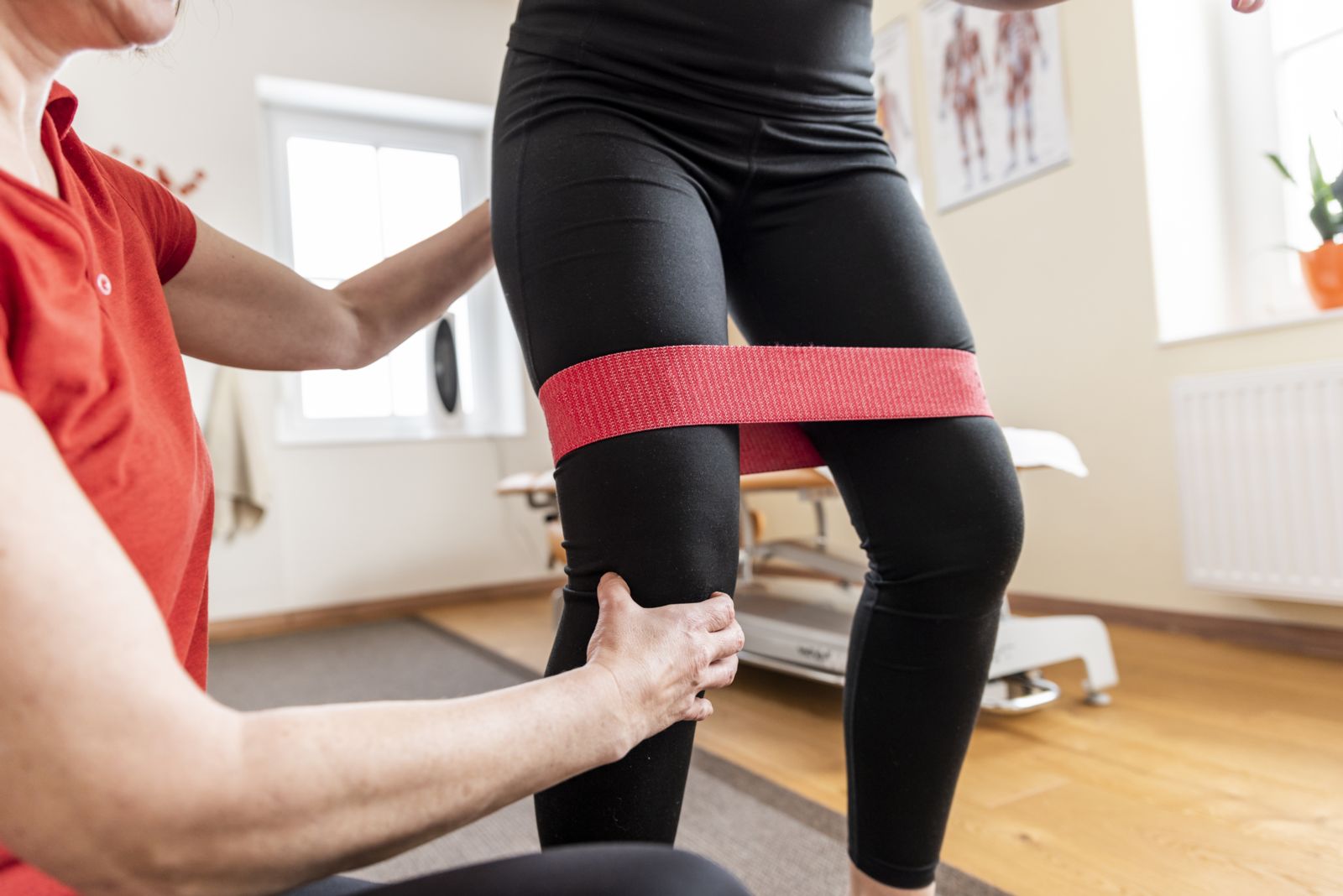
Post-Surgical Pelvic Disorders
After a hysterectomy, hemorrhoidectomy, prolapse repair surgery, surgery associated with rectal/bladder cancer, endometriosis, back surgery or hip surgery, your pelvic floor muscles may start responding in a painful or dysfunctional way. Learn more about Post-Surgical Pelvic Disorders.
Pelvic Organ Prolapse
Up to 40% of women will have some form of prolapse in their life. This statistic increases for women who have birthed a child and unlike other pelvic floor disorders, pelvic organ prolapse can be hereditary. Pelvic Organ Prolapse is the third most common pelvic floor disorder, involving the descent of your bladder, urethra, small intestine, rectum, uterus and/or vagina from their proper position. Learn more about Pelvic Organ Prolapse.
Female Pelvic Pain
24% of woman in the US, are impacted by one or more pelvic issues. This increases with age with 40% of woman aged 60 to 79, and about 50% of women 80+. Women often experience pelvic pain, which is a symptom caused by a wide variety of conditions and diseases. It is often described as a pressure or dull ache, which also may include sharp pains located below the navel anywhere in the abdomen. Learn more about Female Pelvic Pain.
Sexual Pain and Pelvic Disorders
About 3 out of 4 women have pain during intercourse at some time during their lives. For some women, the pain is temporary while for others it is long-term. Pelvic floor disorders have a major role in sexual functioning. If a woman experiences vulvar pain, she understandably may develop hesitation regarding sexual activity. Symptoms for some patients can even make them incapable of sexual activity. Learn more about Sexual Pain and Pelvic Disorders.
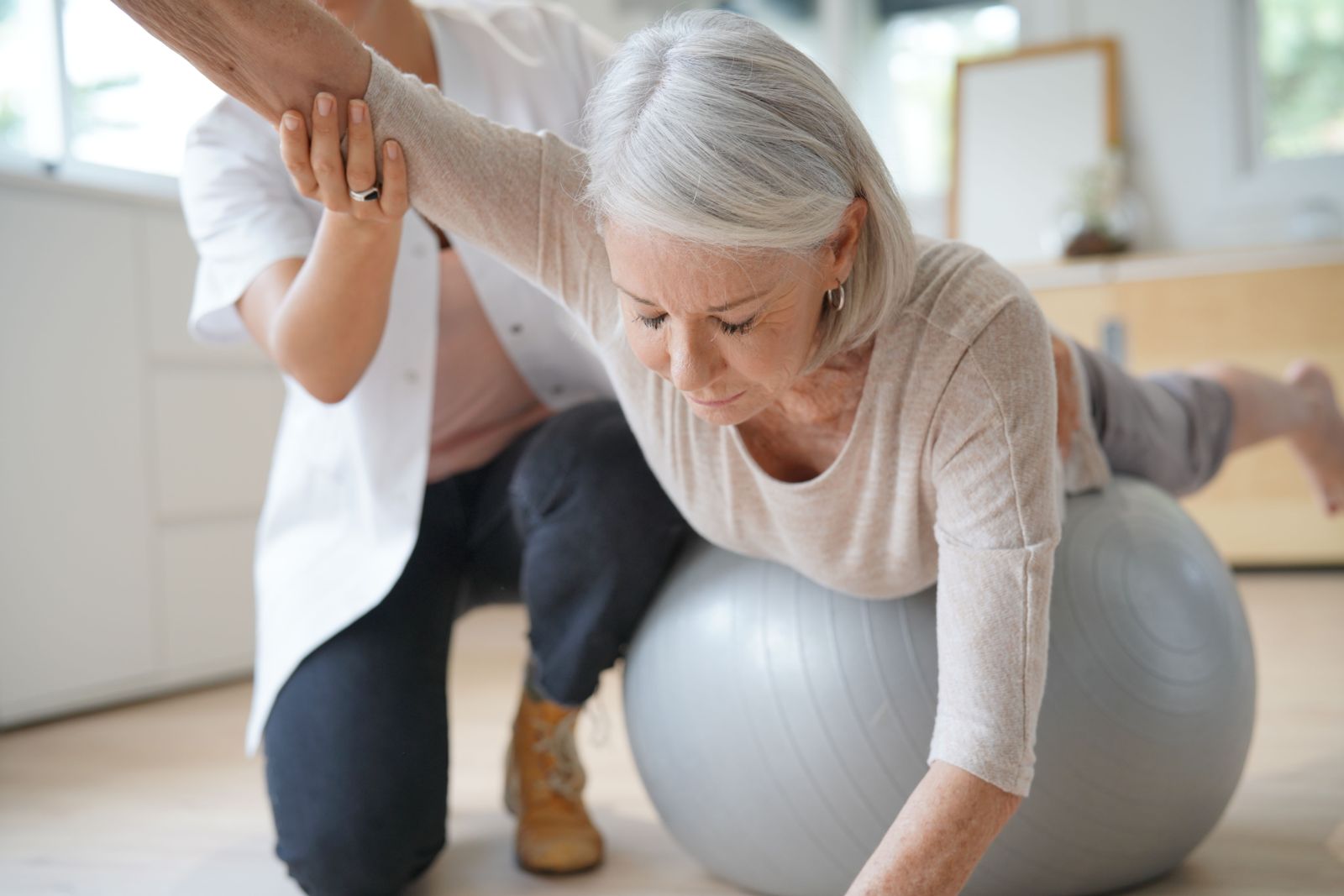
Regain Control of Your Life.
Pelvic Floor Therapy from the team at Memorial Medical Clinic on Locust St. can help.
It’s compassionate women’s healthcare from the team you know and trust.
Accepting New Patients!
Call Today (217) 357-6560.



